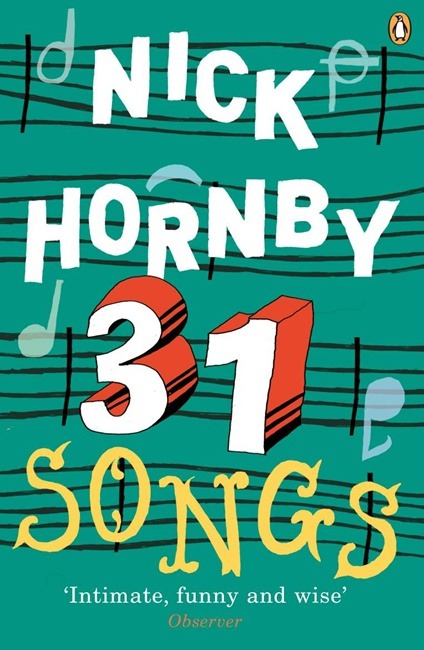

Al mismo tiempo que descubrí X yo estaba enganchado con A, B y C, que luego me llevaron a descubrir E, F y G…” y luego vuelve a hablar de X. Por ejemplo, en el capítulo sobre la canción X, NH comienza “no es que X me parezca mejor que Y, ni que Z, pero tiene algo que es especial. Y sin embargo me encantó ir descubriendo grupos nuevos mientras un guía de excepción te contaba lo que sentía al oírlas y te hacía una breve reseña de cómo llegó a conocer al grupo.Įn realidad, no son 31 canciones, sino casi 100, pues en muchos capítulos NH habla de muchas canciones que no salen en el título. Conocía tres canciones de las 31 que destaca NH. Y les aseguro que la experiencia merece la pena. Me fui a radio mula y sintonicé las 31 canciones, que fui escuchando a razón de una –a veces dos, pues hay capítulos dobles– por capítulo. Ya que el libro iba de canciones, se me ocurrió algo. Leyéndole uno tiene la impresión de que nunca llegará a escuchar tanta música como él. Es un libro en el que nos cuenta su relación con 31 canciones, tanto las que le han marcado como las que le recuerdan algo de su vida, como las que le sugieren cosas nuevas. If anything will convince you that pop music can make life worth living it is this book and Nick Hornby's straightforward rapture: "I can hear things that aren't there, see and feel things I can't normally see and feel".En este libro, NH se dedica lo que sabe: escribir y contar cosas. The book ends with his favourite tracks of 2002, which range from Ms Dynamite to Linda Thompson, showing that unlike most of ours, his record collection keeps on growing. Marvin Gaye's "Let's Get It On" receives its due as the best pop song ever written and he rightly raves about the violin solo on Mary Margaret O'Hara's "Body's In Trouble". He is a man who listens to the Velvelettes and who can admit that a friend's band turned out to be quite good. He puts forward a passionate case for Ian Dury's England, tells us to go shop in his local record store Wood in Islington, and alerts us to the existence of Reggae for Kids on which Gregory Isaacs performs "Puff the Magic Dragon". Hornby's continuing excitement, his willingness to go where the music takes him and to be proved foolish or wrong, make this a pleasure for anyone to read.

He must receive a lot of mail from those who beg to differ: Rod Stewart's version of "Bring It On Home To Me" over Sam Cooke's maybe, but if it is raucousness and swing you are after, Mr Hornby, what about Eddie Floyd's?ĭon't be put off by the casual mention of things like an "out-takes bootleg". And that terrible gig you paid so much money to go to? Guess what, you can walk out! Hornby has a position but leaves room for yours. It doesn't matter if you make mistakes because the whole point is to still be capable of getting hooked all over again. Also songs about rivers, or parents, or roads". It is "songs about love that endure the best. " In the end, though, pop is a pretty conservative medium. Most of us will recognise the moment when Hornby's mother walked in on him watching Marc Bolan: "What does that mean then? Get it on/Bang a gong. Lyrics leave room for music, can get away with a lot and provoke your parents. Hornby is against the notion that Dylan is any sort of poet, as anyone with any respect for pop lyrics would agree. This made me think of Minnie Ripperton's "Loving You", which I can't stop humming now, and want a copy of, even if it does have what sound like budgerigars on backing vocals. He knows how songs seep into our consciousness, here Nelly Furtado's "I'm Like a Bird", which he pre-empts by saying that of course a lot of pop is inane but sometimes you hear something and it drives you "pleasurably potty". He recognises the sensation and does not discriminate. Hornby is not afraid of the word "perfect". It's as if he has allowed the song to choose him in the same way that, as he says here, it was Anne Tyler rather than Kerouac or DeLillo who really spoke to him when he began to write. Hornby calculates that he has listened to this track 1,500 times: "just over once a week for twenty-five years, which sounds about right, if one takes into account the repeat plays in the first couple of years". One is that a song like Bruce Springsteen's "Thunder Road" can know how an Englishman who has neither porch nor screen-door nor convertible, feels.


 0 kommentar(er)
0 kommentar(er)
